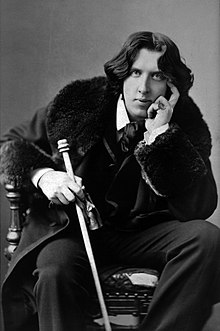Cædmon's Hymn:
Cædmon's Hymn is a short Old English poem originally composed by Cædmon, an illiterate cowherd, in honour of God the Creator. It survives in a Latin translation by Bede in his Historia ecclesiastica gentis Anglorum and in vernacular versions written down in several manuscripts of Bede's Historia.
Like many Old English and Anglo-Latin pieces, it was designed to be sung aloud and was never physically recorded by Cædmon himself, but was written and preserved by other literate individuals. The Hymn itself was composed between 658 and 680, recorded in the earlier part of the 8th century, and survives today in at least 14 verified manuscript copies. Bede writes about the poet and his work in the fourth book of his Historia ecclesiastica gentis Anglorum. The Hymn is Cædmon's sole surviving composition.
The poem forms a prominent landmark and reference point for the study of Old English prosody, for the early influence which Christianity had on the poems and songs of the Anglo-Saxon people after their conversion.
Cædmon's Hymn is the oldest recorded Old English poem, and also one of the oldest surviving samples of Germanic alliterative verse. Within Old English, only the inscriptions upon the Ruthwell Cross (doubtful) or Franks Casket (7th or early 8th century) may be of comparable age. Outside of Old English, there are a few alliterative lines preserved in epigraphy (Horns of Gallehus, Pforzen buckle) which have a claim to greater age.
Source: Wikipedia.com
